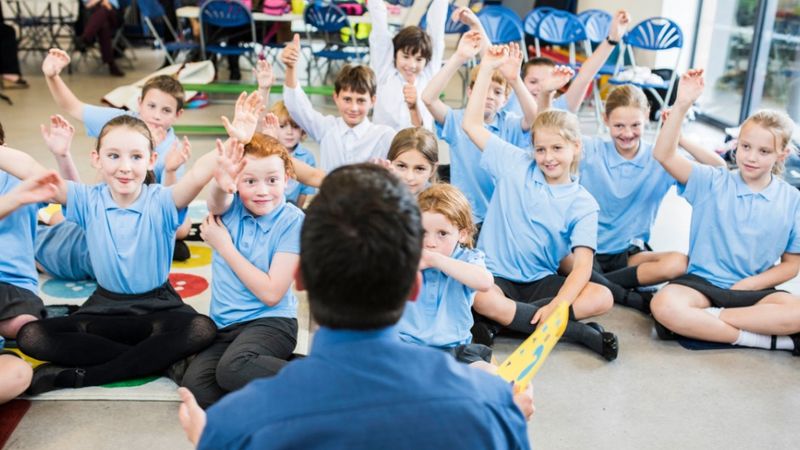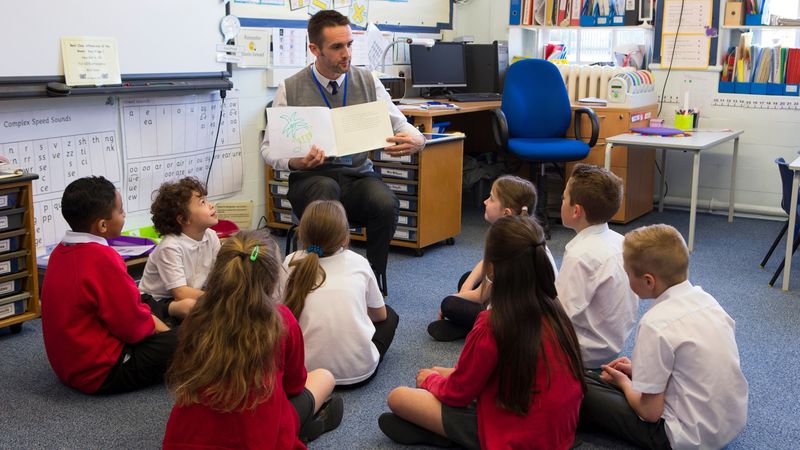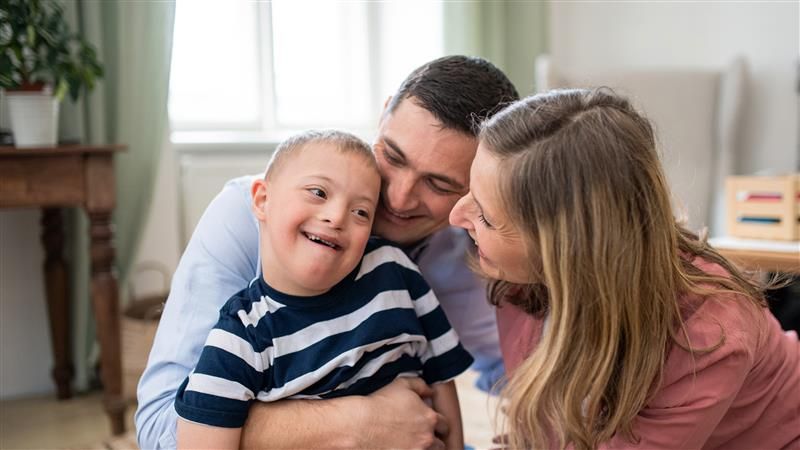The “Locality Model” relates to provision for children and young people in mainstream primary and secondary schools, and for children attending sixth form in state-funded schools.
It would result in KCC, schools, the NHS, and other SEN service providers working together more effectively in geographically-based clusters of between 8-14 schools to secure improvements. The aim is to enable SEN support and services to be accessed more easily and delivered in a new way.
KCC has been talking to schools, parents, and to Special Educational Needs staff across the county to understand what change is needed. The research shows that more consistent and effective mainstream support will lead to improved outcomes for children and young people, and help parents to have greater confidence in the mainstream offer for their child. This is in line with the national context and recent government policy.
Shared resource, rather than smaller amounts of money attached to individuals, would allow schools to explore many more options which can be used more creatively, and would bring the advantage of economies of scale to purchasing support provision. KCC would remain responsible and accountable for administration of the shared resources.
Each cluster would establish a Cluster Panel, consisting of headteachers, SEN coordinators and other school leadership representatives of the mainstream primary and secondary schools within their cluster.
Panel members would have direct experience and expertise in organising and providing support in schools to children and young people with SEN. They would therefore be well placed to advise on how SEN needs can be met locally in the most effective way.

“These proposals take a big step to helping all pupils with SEN thrive at school, and feel included and supported in their local communities.”
Rory Love, KCC’s Cabinet member for Education and Skills, said the key priorities are to ensure there is greater consistency of support for children and young people with special educational needs, that KCC’s statutory responsibilities are fulfilled in a timely manner, and that spending is aligned with the High Needs Funding that is available to KCC.
"These proposals take a big step to helping all pupils with SEN thrive at school, and feel included and supported in their local communities. That will mean they are better prepared for a healthy, productive, and happy life.
"I encourage everyone with an interest in this topic to complete the questionnaire, which can be accessed from the consultation webpage on KCC’s Let's Talk Kent website.”
The consultation runs until 24 January, 2024 and full details, together with the questionnaire, can be viewed here: www.kent.gov.uk/localitymodel. Alternatively, a paper copy of the questionnaire is available on request.
A range of face-to-face events will take place to explain the proposals and to respond to questions. Details of these events will be available through the consultation webpage, newsletters and bulletins to schools and directly to parents/carers.
The responses to the consultation will be analysed and a report published on the consultation webpage. The report will be considered by KCC’s Children, Young People and Education Cabinet Committee in Spring 2024 for consideration and recommendation. A decision is expected to be taken by the Cabinet Member for Education and Skills and any changes would start to take effect shortly afterwards.




